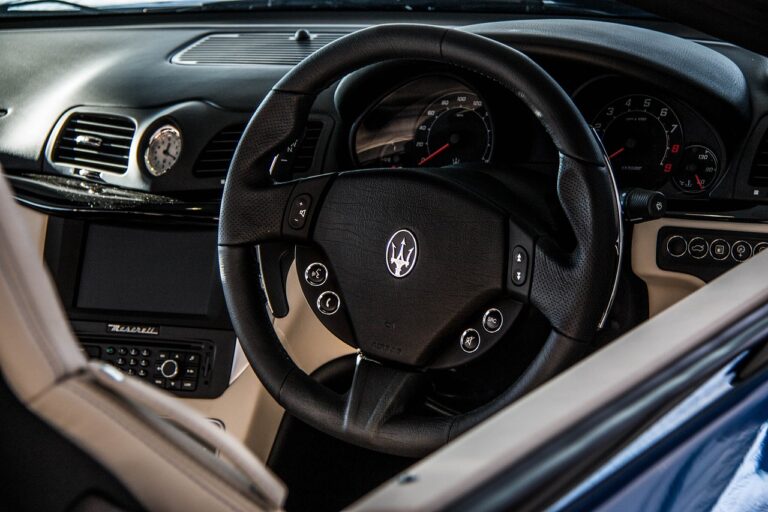Exploring the Integration of Personality Recognition in Smart Home Systems: Diamondexch999 login, Sky exchange sign up, Diamondexch999
diamondexch999 login, sky exchange sign up, diamondexch999: Smart home systems have revolutionized the way we interact with our living spaces. From controlling the lights with a simple voice command to adjusting the thermostat from our smartphones, smart homes offer convenience and efficiency like never before. But what if your home could recognize your personality and tailor its responses accordingly? This is where the integration of personality recognition in smart home systems comes into play.
Understanding the unique characteristics of each individual and adapting to their preferences can significantly enhance the user experience of smart home systems. By analyzing behavioral patterns, communication styles, and even mood fluctuations, smart homes can anticipate the needs and preferences of their occupants, creating a more personalized and intuitive environment.
Here are some key aspects to consider when exploring the integration of personality recognition in smart home systems:
1. Enhanced user experience: By recognizing individual personalities, smart home systems can create a more personalized and tailored experience for users. From adjusting lighting and temperature settings to recommending music or TV shows based on preferences, personalized interactions can make daily tasks more convenient and enjoyable.
2. Improved security: Personality recognition can also enhance home security by detecting anomalies in behavior patterns and alerting users to potential risks. For example, if the system recognizes that a family member is away on vacation but detects unexpected activity in the home, it can send a notification to the user’s smartphone to take appropriate action.
3. Energy efficiency: By understanding the habits and preferences of users, smart home systems can optimize energy usage and save costs. For example, the system can automatically adjust heating and cooling settings based on occupancy patterns, leading to energy savings and reduced environmental impact.
4. Adaptive automation: Personality recognition can enable smart home systems to adapt to changing circumstances and preferences in real-time. For instance, if a user’s mood shifts from relaxed to energetic, the system can adjust the lighting, music, and temperature settings accordingly to create a more suitable atmosphere.
5. Privacy concerns: While the integration of personality recognition in smart home systems offers numerous benefits, it also raises concerns about privacy and data security. It is essential to implement robust security measures to protect personal information and ensure that user data is handled responsibly.
6. Future developments: As technology continues to advance, the possibilities for integrating personality recognition in smart home systems are limitless. From advanced AI algorithms to new sensors and devices, the future of smart homes holds exciting potential for creating truly intelligent and intuitive living spaces.
In conclusion, exploring the integration of personality recognition in smart home systems opens up a world of possibilities for creating a personalized and responsive environment. By leveraging the unique characteristics of each individual, smart homes can enhance user experience, improve security, increase energy efficiency, and adapt to changing circumstances in real-time. As technology continues to evolve, the future of smart homes looks brighter than ever before.
—
FAQs
1. How does personality recognition work in smart home systems?
Personality recognition in smart home systems involves analyzing user behavior patterns, communication styles, and mood fluctuations to create a personalized and tailored environment for each individual.
2. Is personality recognition in smart home systems secure?
It is essential to implement robust security measures to protect personal information and ensure that user data is handled responsibly in smart home systems with personality recognition.
3. What are the benefits of integrating personality recognition in smart home systems?
Integrating personality recognition in smart home systems can enhance user experience, improve security, increase energy efficiency, and adapt to changing circumstances in real-time, creating a more personalized and intuitive environment.







